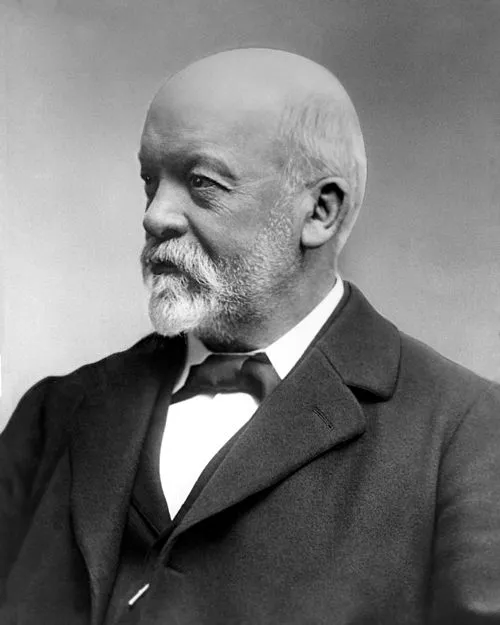
Name: Silvio Gesell
Birth Year: 1862
Nationality: Belgian
Profession: Merchant and economist
Death Year: 1930
1862 – Silvio Gesell, Belgian merchant and economist (d. 1930)
Silvio Gesell: A Revolutionary Mind in Economic Thought
In the heart of a world that was rapidly changing, a child was born in 1862 whose ideas would stir the economic landscape for decades to come. Silvio Gesell, destined to become a Belgian merchant and economist, entered the world amid the backdrop of industrial revolution and social upheaval. However, little did his parents know that their son would grow up to challenge conventional economic theories and advocate for radical reforms.
From an early age, Gesell exhibited a keen interest in commerce and societal structures. Growing up in an environment where capitalism was flourishing yet presenting challenges like inequality and poverty, he became acutely aware of the disparities around him. Perhaps it was this consciousness that pushed him toward deeper exploration one could argue that his initial ventures into trade as a young man were merely stepping stones to more significant ideas about money's role in society.
However, it wasn’t until he moved to South America as an adult that his views began crystallizing into something more profound. Immersed in different cultures and economies during his time there, he observed firsthand how money operated not merely as currency but as a tool wielded by power dynamics. Ironically, despite being surrounded by lush landscapes and vibrant communities, many were trapped under oppressive economic systems leading him to ponder solutions.
The Seeds of Thought
Back in Europe after years abroad, Gesell's experiences translated into prolific writings. He published several essays laying out concepts of what he termed “Free Money” or “Gesell Money.” His philosophy centered on eliminating interest from money a revolutionary idea at the time! He argued that when money earned interest simply by existing rather than facilitating transactions or investments, it perpetuated inequalities while hindering true economic progress.
This belief led him down various paths he experimented with local currencies designed for specific communities aiming to stimulate trade within those areas while discouraging hoarding behavior. Imagine entire towns operating under alternative monetary systems where currency had expiration dates! This radical notion highlighted how essential liquidity is for vibrant economies yet also underscored societal reliance on trust among participants.
A Life Devoted to Change
Despite facing skepticism from established economists who staunchly adhered to traditional monetary policies the critics dismissed him often without thorough engagement it didn’t deter Gesell’s determination. In fact, perhaps one could say it fueled his fire! In 1916, after years of advocacy without significant traction among policymakers or academia alike his groundbreaking work “The Natural Economic Order” finally reached broader audiences across Europe and beyond.
An Idea Whose Time Had Come?
This pivotal publication presented not just critiques but solutions: proposing land reform alongside financial reforms intertwined harmoniously within community structures meant fostering resilience against speculative markets driven solely by profit motives instead serving people's real needs instead! The appeal seemed undeniable; if only decision-makers would heed its call...
A Lasting Impact
As World War I ravaged nations during this time frame with inflation rising unchecked the timing couldn’t have been more critical for such alternative perspectives gaining attention amid despair surrounding prevalent monetary policies failing populations globally! Ironically enough? Some countries began experimenting with aspects inspired directly from Gedall’s theories during periods post-war struggles seeking recovery through innovative finance models devised locally empowering citizens economically restoring their autonomy lost amidst chaos!
The Great Depression Era
A Legacy Beyond Time
This return echoes loudly today within discussions revisiting notions social justice intertwined integral functions surrounding economics resonate deeply especially given widening wealth gaps burgeoning crises climate change calling urgent reforms ensuring sustainable future generations not dissimilar historical precedence established toward protecting rights achieving betterment wider populations flourishing healthier environments cultivating opportunities extend fair access goods services promote well-being facilitate solidarity every single person leaving behind legacy worth building upon maintain throughout ages ahead!




